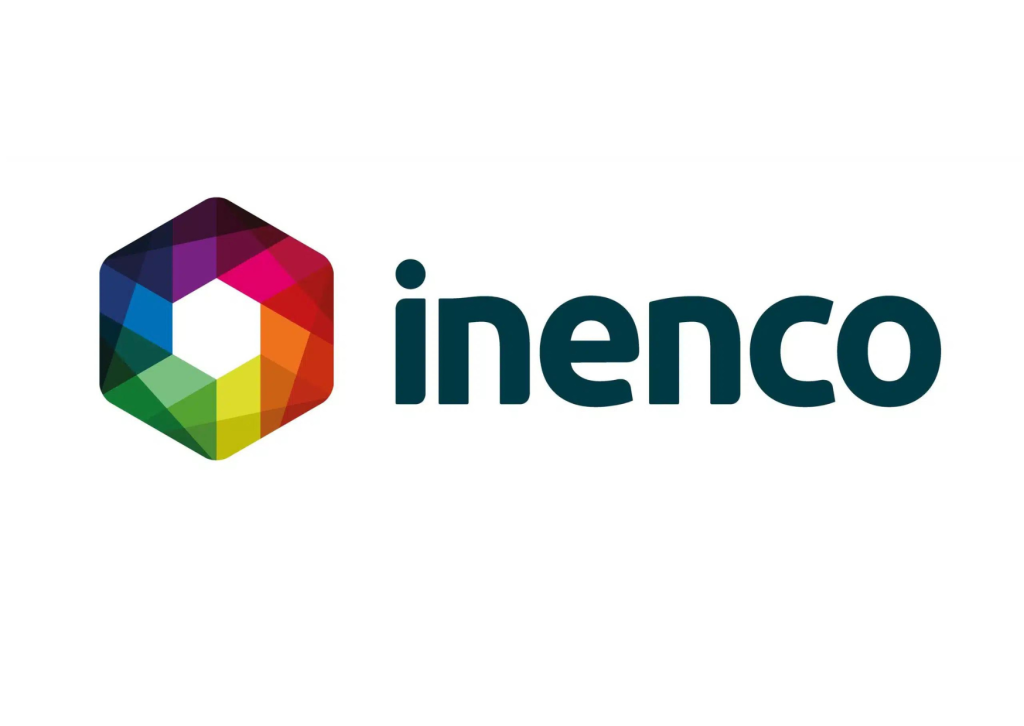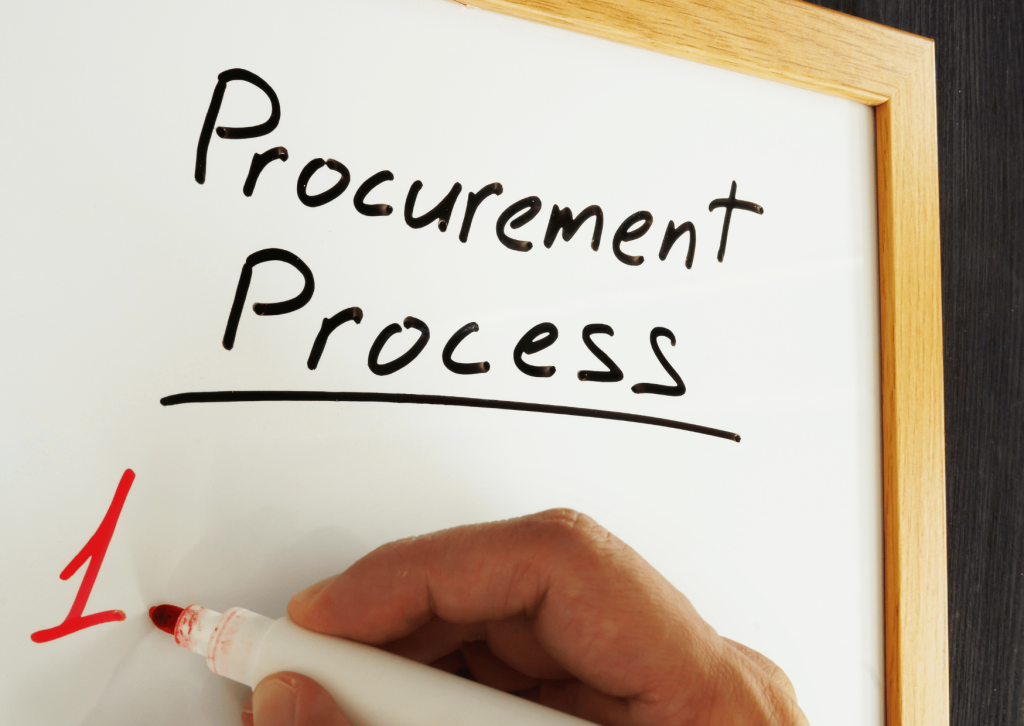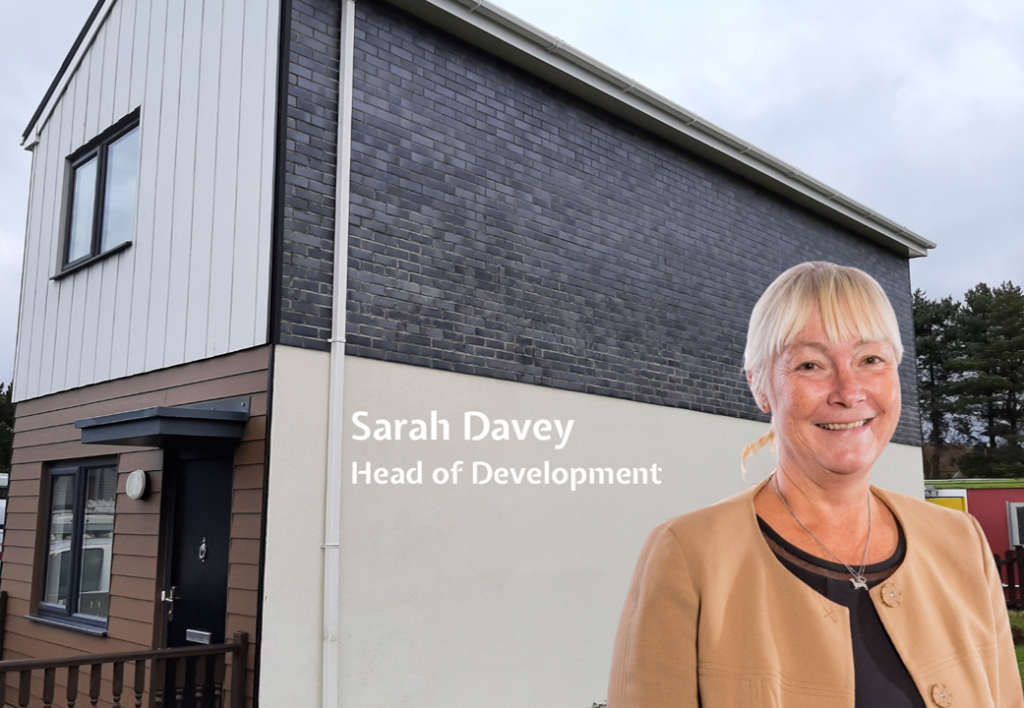Inenco is one of the oldest energy consultancies in the UK and as a result has plenty of experience in helping organisations procure the best energy contracts.
More than many other sectors, social landlords are being negatively impacted by specific challenges which many may not be aware of until it is too late, causing both unwelcome surprises and problems procuring a new energy contract.
Meeting the metering challenge
The often-quoted mantra is “what gets measured gets managed”, and this was in large part the government’s intent when mandating the rollout of smart meters (SMET) to support the achievement of Net Zero commitments and the management of a greener energy grid.
As of January 2022, all suppliers have binding annual installation targets to rollout to their remaining non-smart customers by the end of 2025.
Feedback from both suppliers and housing providers has highlighted a particular challenge in accelerating the rollout across the social housing estate. Gaining access to the buildings and areas where the meters are can be a challenge, having contact information for the people needed isn’t always available and co-ordinating the various teams that are involved can be time consuming. All of this means that energy suppliers are becoming more reluctant to contract with housing associations as their low SMET rollout impacts on the suppliers’ ability to hit their targets.

To achieve the best results takes time!
One of the biggest issues facing the housing sector when it comes to procuring new energy contracts is that not enough time is given to the process, with many leaving it far too late to be able to achieve the best results.
More than most sectors, housing landlords have complex multi-site estates that can be difficult to manage and keep track of. Onboarding the estate can be time-consuming and complicated. By not allowing enough time for this process to be completed risks the success of a new contract, start dates can be delayed, errors can be made in the rush and, in worst case scenarios, consultants simply won’t tender for the contract if they cannot fulfil the request in time. This can severely impact your organisation’s ability to access the best in the market.
As a result, the only option remaining is to stay with an incumbent energy supplier which doesn’t give access to the market and the best prices.
To give your organisation the best chance of getting the right energy contract, the process should start at least 12 months before the end of your current energy contract. This process can start by simply talking to consultants and working through some of the opportunities and challenges that your individual organisation faces. Depending on the outlook this then gives enough time to work through those challenges and gives the best chance of securing the best price.
You can read a longer version of this article at www.inenco.com/insight/blog/ or contact Inenco’s team at [email protected] or call 08451 463626.
You can also find us at the CHIC Conference and Exhibition on Wednesday 22nd May. Visit us on stand 39



